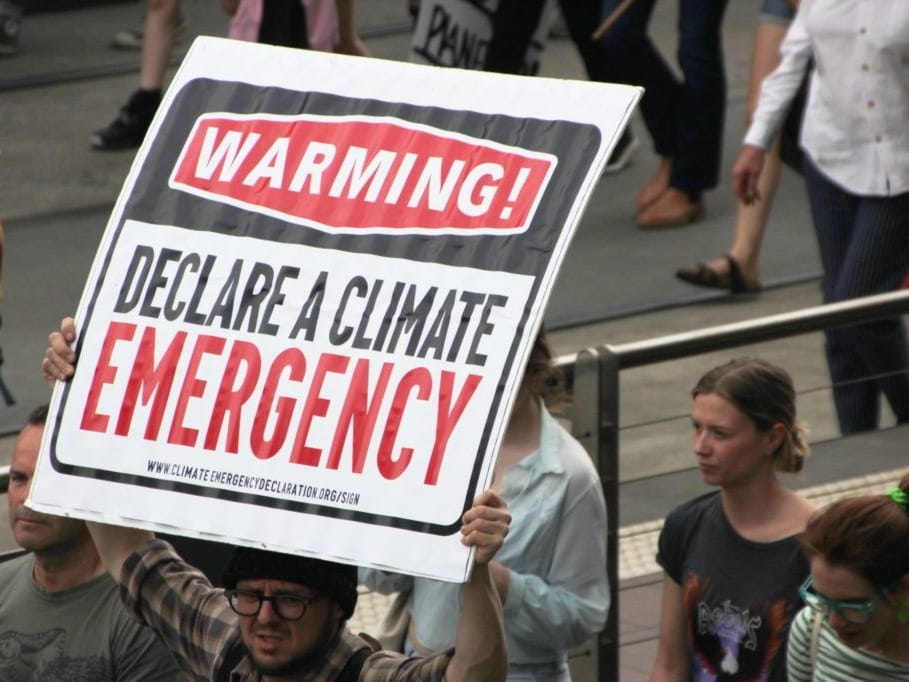WASHINGTON (AN) — More than 11,000 scientists issued a dire warning on Tuesday that the world must take immediate action to fundamentally alter a range of human activities if it is going to avert "untold suffering due to the climate crisis."
The new report, with 11,258 scientists in 153 countries signing on in support of the findings, covers a broad range of studies, and provides six major policy steps that must be met to address it.







